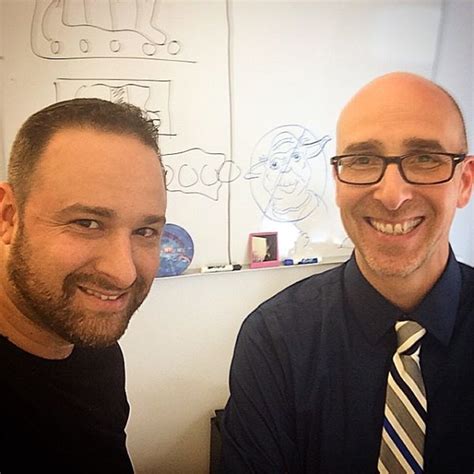A Quote by Lance Ulanoff
Mac OS is just as vulnerable as Microsoft Windows
Quote Topics
Related Quotes
Microsoft's Windows 3.1, released in 1992, was the first truly successful edition of Windows and juiced the Redmond juggernaut. Apple's Macintosh System 7.5, released in 1994, was another in a string of versions that lacked key architectural features that the Mac didn't have until Steve Jobs returned and brought with him the code that became OS X.































